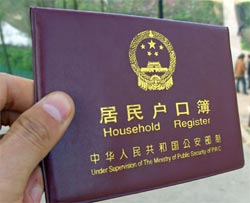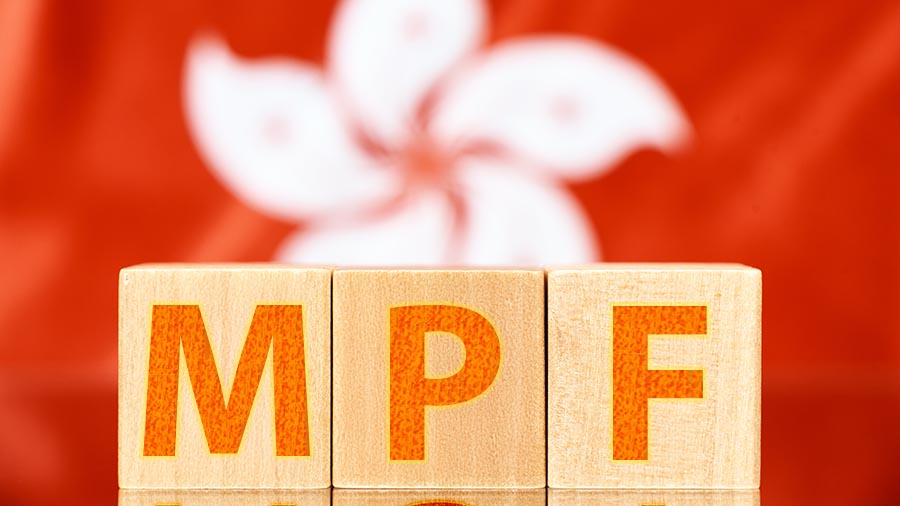Mainland Media Presses for Hukou Reform
 Mar. 2 – Thirteen mainland Chinese newspapers have jointly issued front page stories pressing for immediate reform of the national hukou system, in an unusual show of the central government being placed under political pressure by its own media.
Mar. 2 – Thirteen mainland Chinese newspapers have jointly issued front page stories pressing for immediate reform of the national hukou system, in an unusual show of the central government being placed under political pressure by its own media.
The hukou system was introduced in the 1950s and limits travel by rural workers to urban areas. It was originally planned to help rebuild the local economy from the grass roots up following the devastation of the World War II and the Chinese Civil War and to assist the Communist Party to manage labor resources. In recent years it has also helped prevent mass migration from rural areas to wealthy cities such as Shenzhen, which would not be able to cope with millions of relatively poor migrant workers descending upon it.
As wealth levels have risen in rural areas and China’s need for migrant rural labor elsewhere has sharply increased, the hukou system has now become a deterrent to getting migrant labor into places where it is needed.
While the complete abolition of the hukou system is unlikely as China also values the social security aspect of management and placement of large numbers of people as an advantage, some reform is likely to ease pressure by giving migrant workers freer access to domestic labor markets and combat the shortfall of labor in some areas.
China still also wants to avoid the mass migration of labor seen in India, where migrant peasants from rural areas move en mass to wealthy cities such as Mumbai and end up sleeping on the streets or in slums. Such instances of free population movement result in a further advance in poverty and place additional stresses upon already populous city infrastructure. China’s answer to the problem may well lie in a two-tier hukou system based on rural labor wealth as opposed to complete freedom to travel.
Related Reading
China’s Labor Shortage to Continue
- Previous Article China Manufacturing Output Decreases
- Next Article New Issue of China Briefing Magazine: Operational Due Diligence in China























